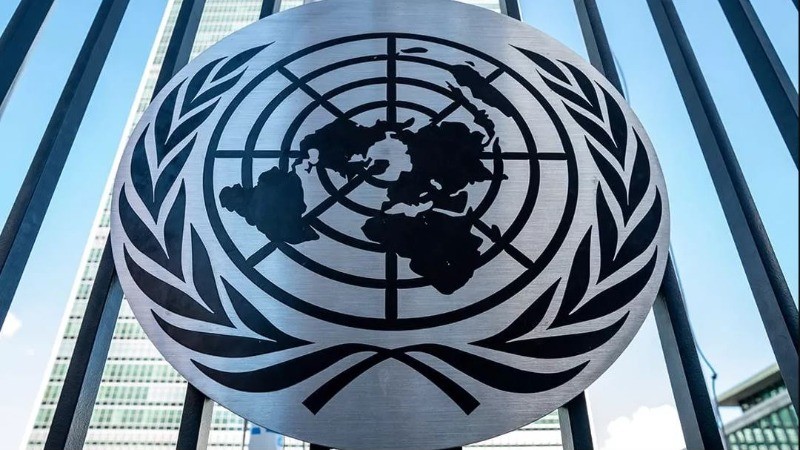
As the United Nations prepares to celebrate its 80th anniversary in 2025, India has strongly called for reforms to ensure the organization remains relevant in tackling contemporary global challenges. India's message highlights the need for the UN to adapt to the evolving geopolitical landscape and address persistent global issues such as conflicts, climate change, and economic inequality.
In September 2024, world leaders gathered at the UN Headquarters for the 79th session of the General Assembly, where they adopted the historic "Pact of the Future." This agreement covers key issues like peace and security, sustainable development, human rights, and climate action. While celebrating this milestone, UN Secretary-General António Guterres emphasized that the current global governance system is outdated, stating, "We can't create a future fit for our grandchildren with systems built for our grandparents."
India has long been a vocal advocate for reforming the UN Security Council, which was established in 1945 with 15 members. India argues that the current structure fails to reflect the realities of the modern world, pointing out the need for both permanent and non-permanent members to better represent the diverse geopolitical landscape of today. India has also made it clear that it deserves a permanent seat on the Security Council.
Prime Minister Narendra Modi reinforced this call for change at the UN's Summit of the Future, where he emphasized that "Reform is the key to relevance" and urged global action to match the ambitious goals set by the international community. Modi's address came amid ongoing conflicts, including the war in Ukraine, the Israel-Hamas conflict, and growing global threats like terrorism and climate crises.
India's diplomatic efforts to resolve conflicts have been consistent, with Modi reiterating India's commitment to dialogue and diplomacy. On the sidelines of the Summit, Modi met with Ukrainian President Volodymyr Zelenskyy, expressing India's willingness to play a constructive role in achieving peace in Ukraine. This was the third meeting between Modi and Zelenskyy in recent months, following meetings in Kyiv and at the G7 Summit.
As the UN approaches its 80th year, India’s call for reform echoes a broader global demand for more effective multilateralism. Jaishankar noted the importance of reforming global institutions to address today's crises of peace and prosperity, which are equally endangered.
The future of the UN's role in global governance is uncertain, especially with the potential return of Donald Trump to the US presidency in 2025. Trump's previous tenure was marked by criticism of the UN, and his policies led to the US withdrawing from several UN agencies. His stance on the UN remains a topic of speculation as his potential second term looms.
India's call for reform is a timely reminder that as global challenges continue to evolve, the institutions meant to address them must adapt to remain effective and relevant.